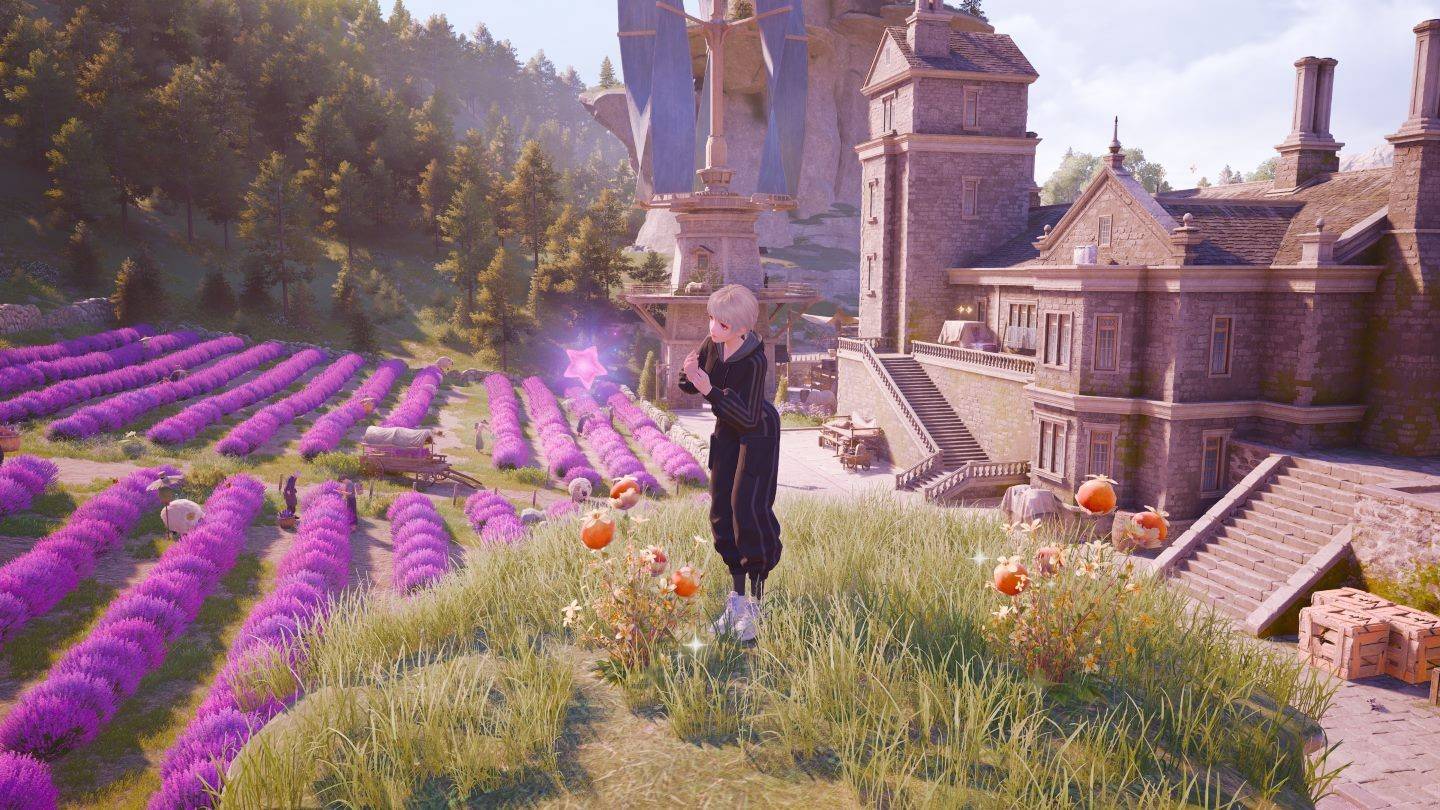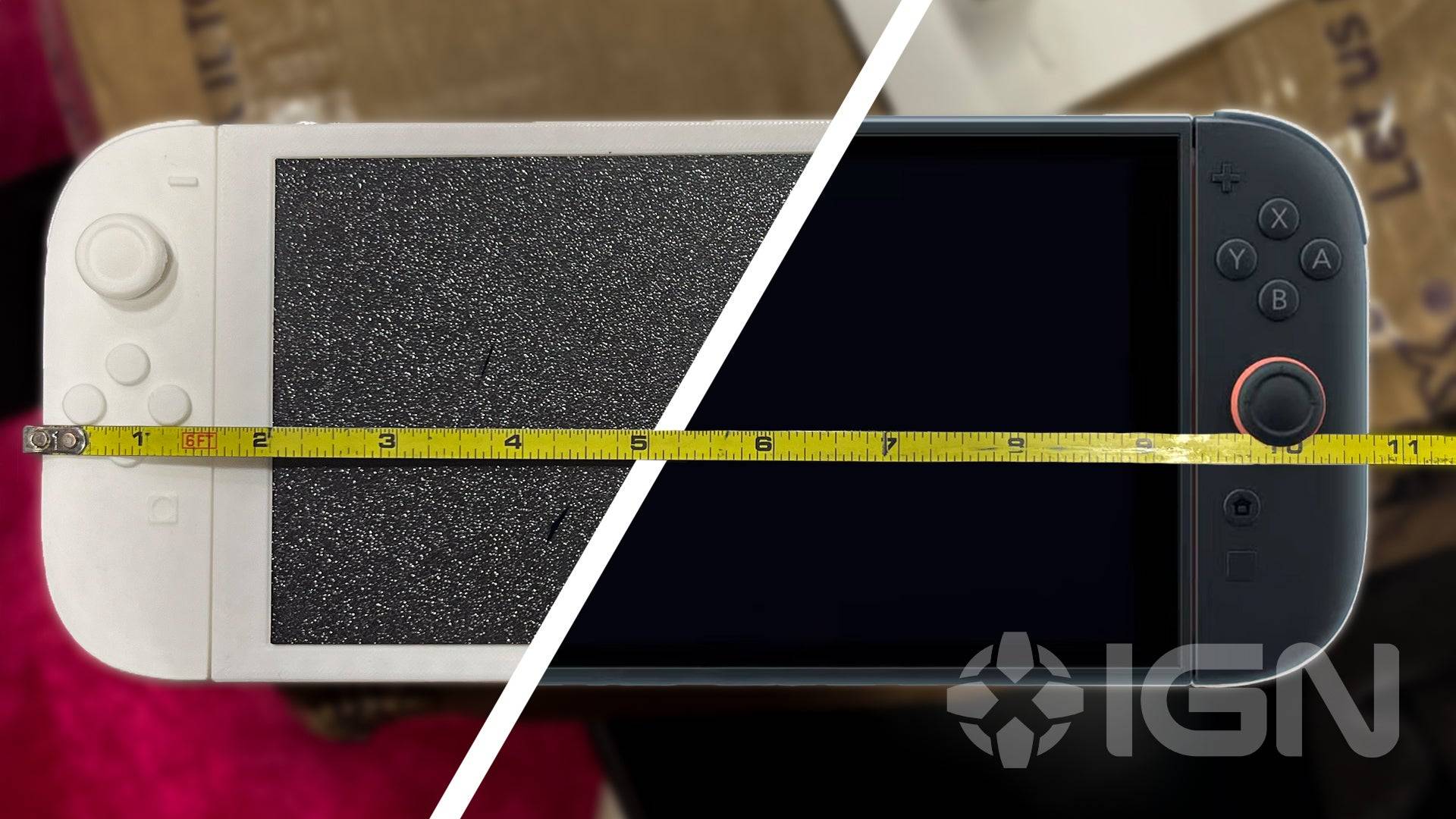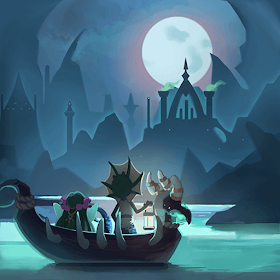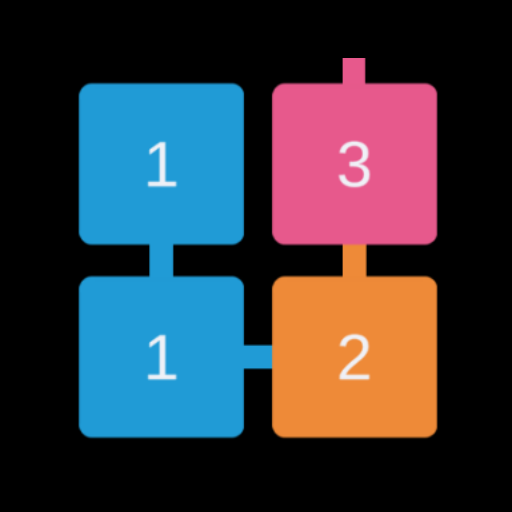Steamforged Games has brought several popular video game franchises to the tabletop, including Monster Hunter, Devil May Cry, Sea of Thieves, Gears of War, and the upcoming Elden Ring adaptation. This article focuses on their Resident Evil board game trilogy: Resident Evil, Resident Evil 2, and Resident Evil 3.
Released in 2019, 2021, and 2023 respectively, these games share similar mechanics. 1-4 players navigate perilous locations – dark corridors, burning streets, and sinister labs – recreating the storylines of their video game counterparts. Highly detailed miniatures represent both the terrifying creatures and the heroic survivors.
Featured Games & Expansions:
 ### Resident Evil: The Board Game
### Resident Evil: The Board Game
1See it at Amazon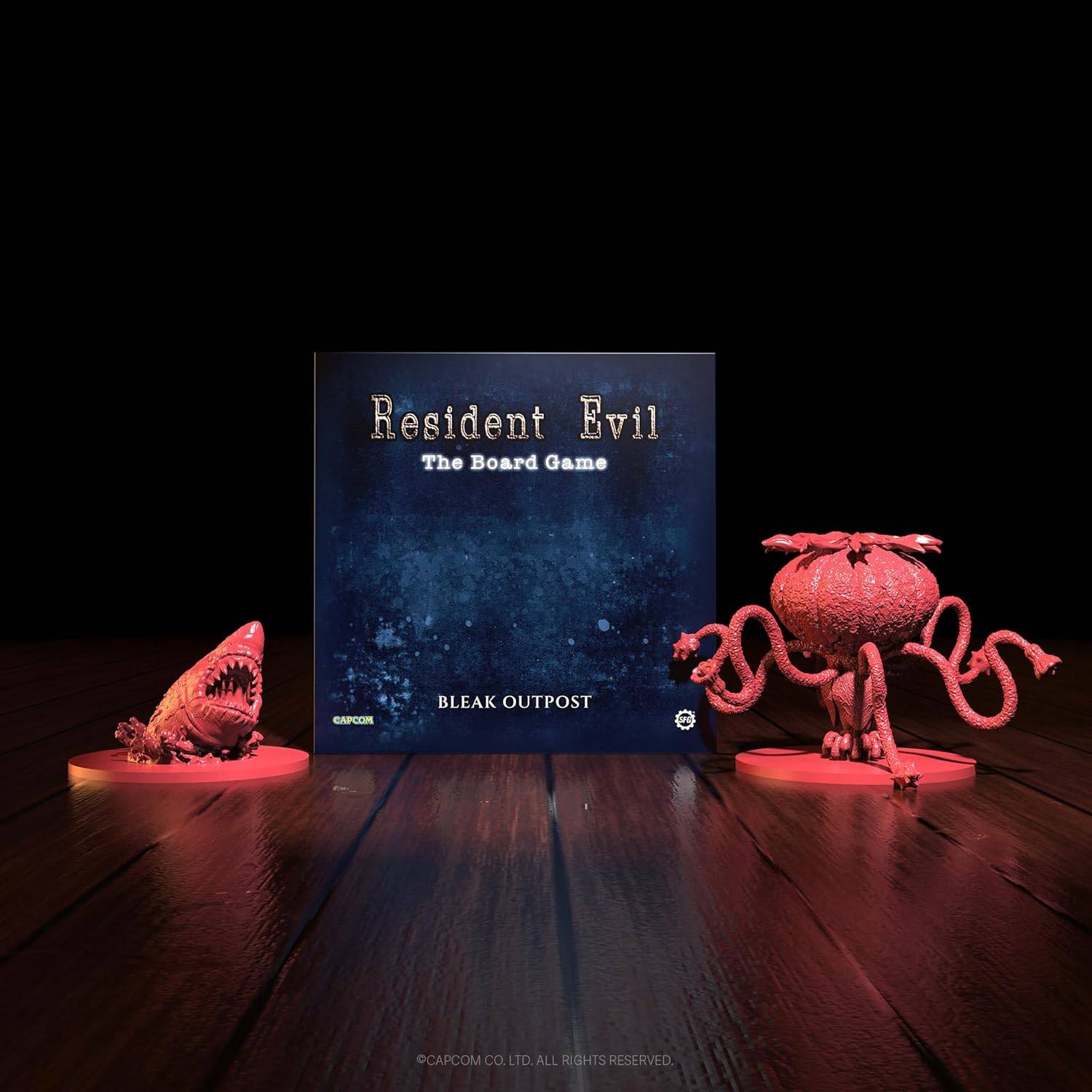 ### Resident Evil: The Bleak Outpost
### Resident Evil: The Bleak Outpost
0See it at Amazon ### Resident Evil 2: The Board Game
### Resident Evil 2: The Board Game
0See it at Amazon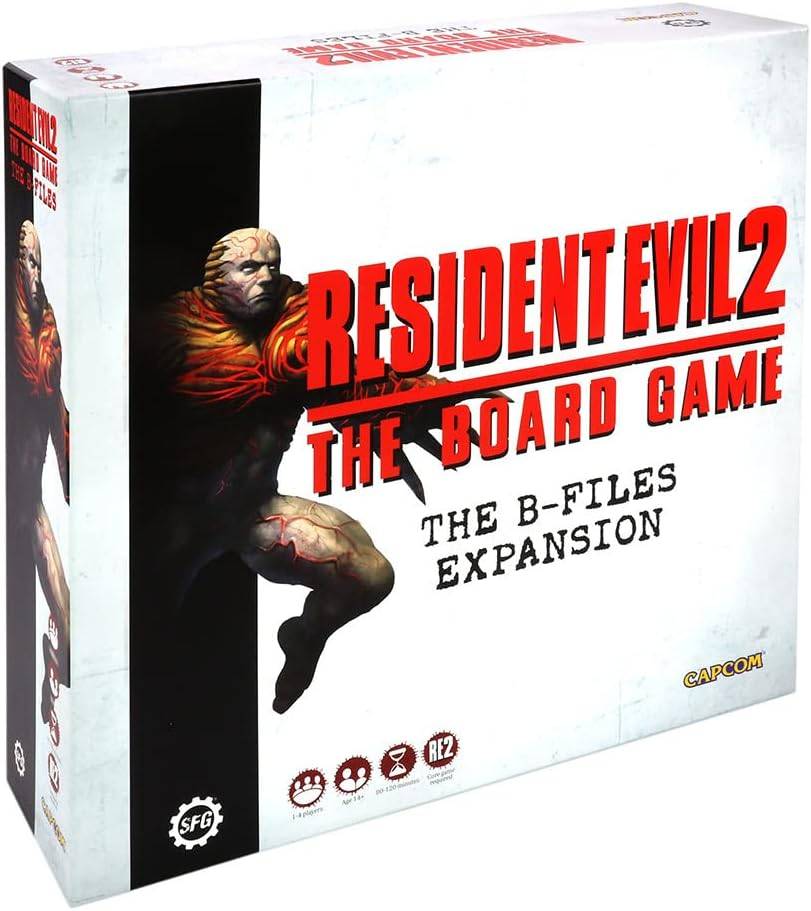 ### Resident Evil 2 The Board Game: B-Files Expansion
### Resident Evil 2 The Board Game: B-Files Expansion
0See it at Amazon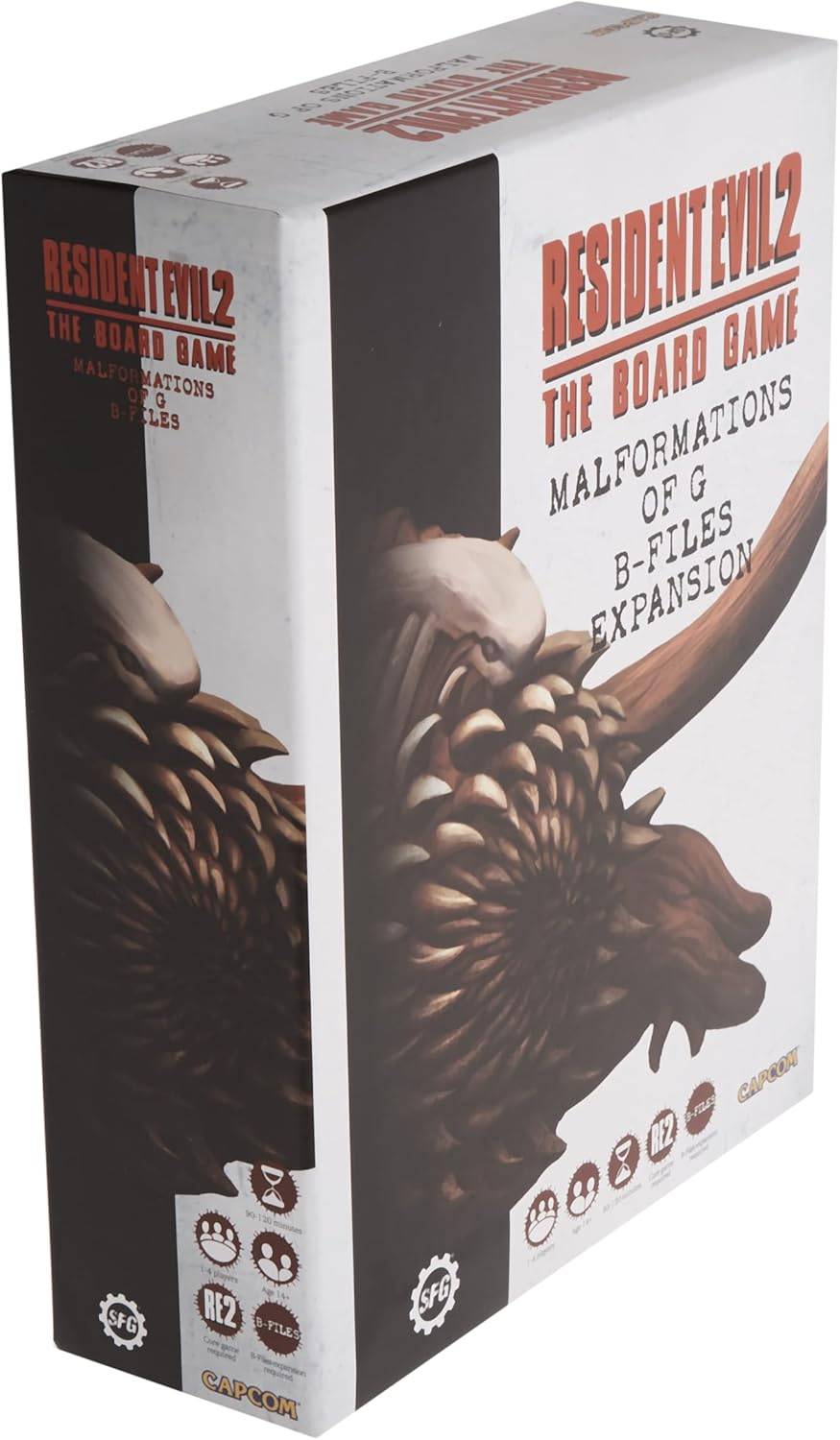 ### Resident Evil 2: The Board Game - Malformations of G B-Files Expansion
### Resident Evil 2: The Board Game - Malformations of G B-Files Expansion
0See it at Amazon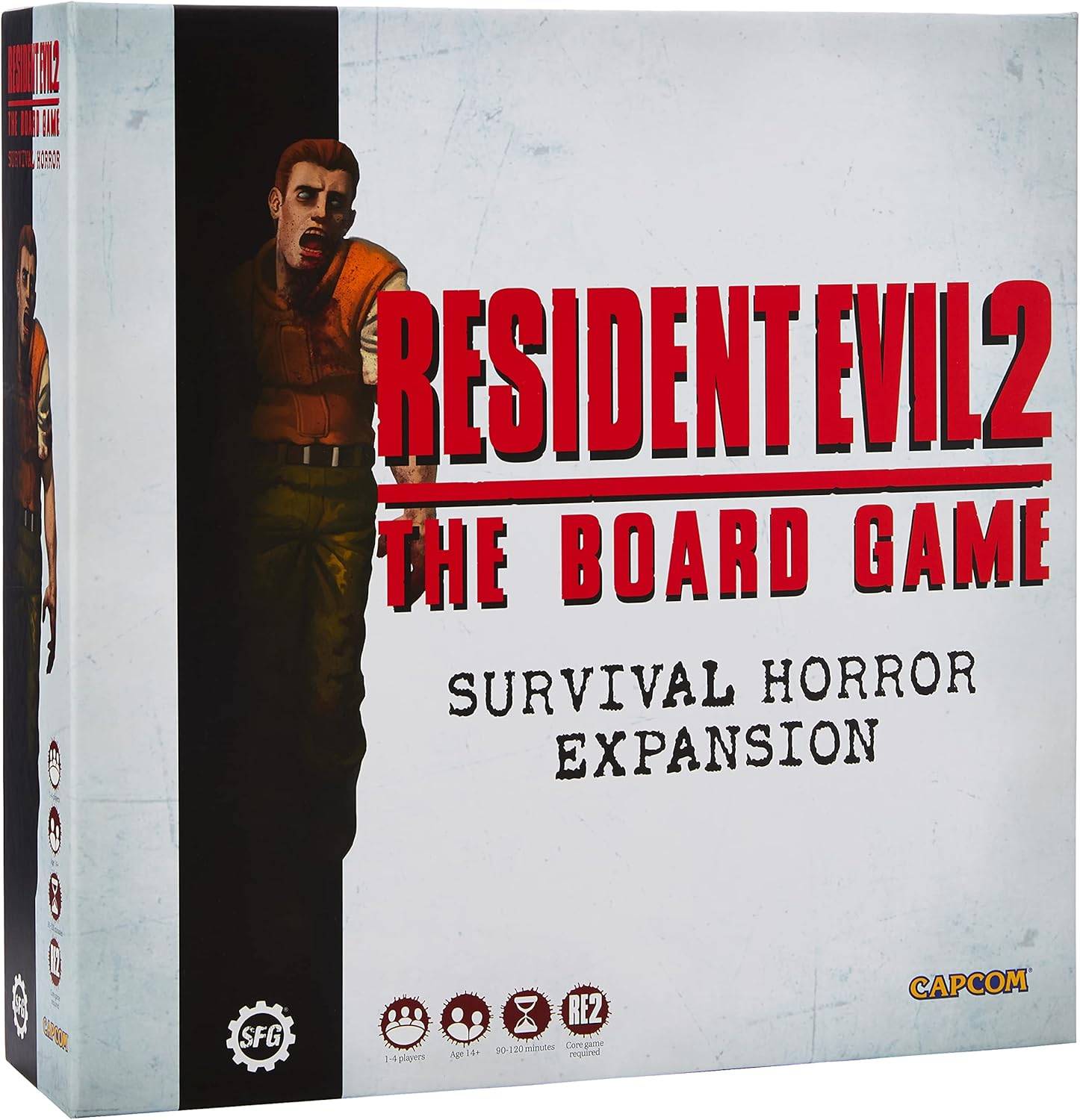 ### Resident Evil 2 The Board Game: Survival Horror Expansion
### Resident Evil 2 The Board Game: Survival Horror Expansion
0See it at Amazon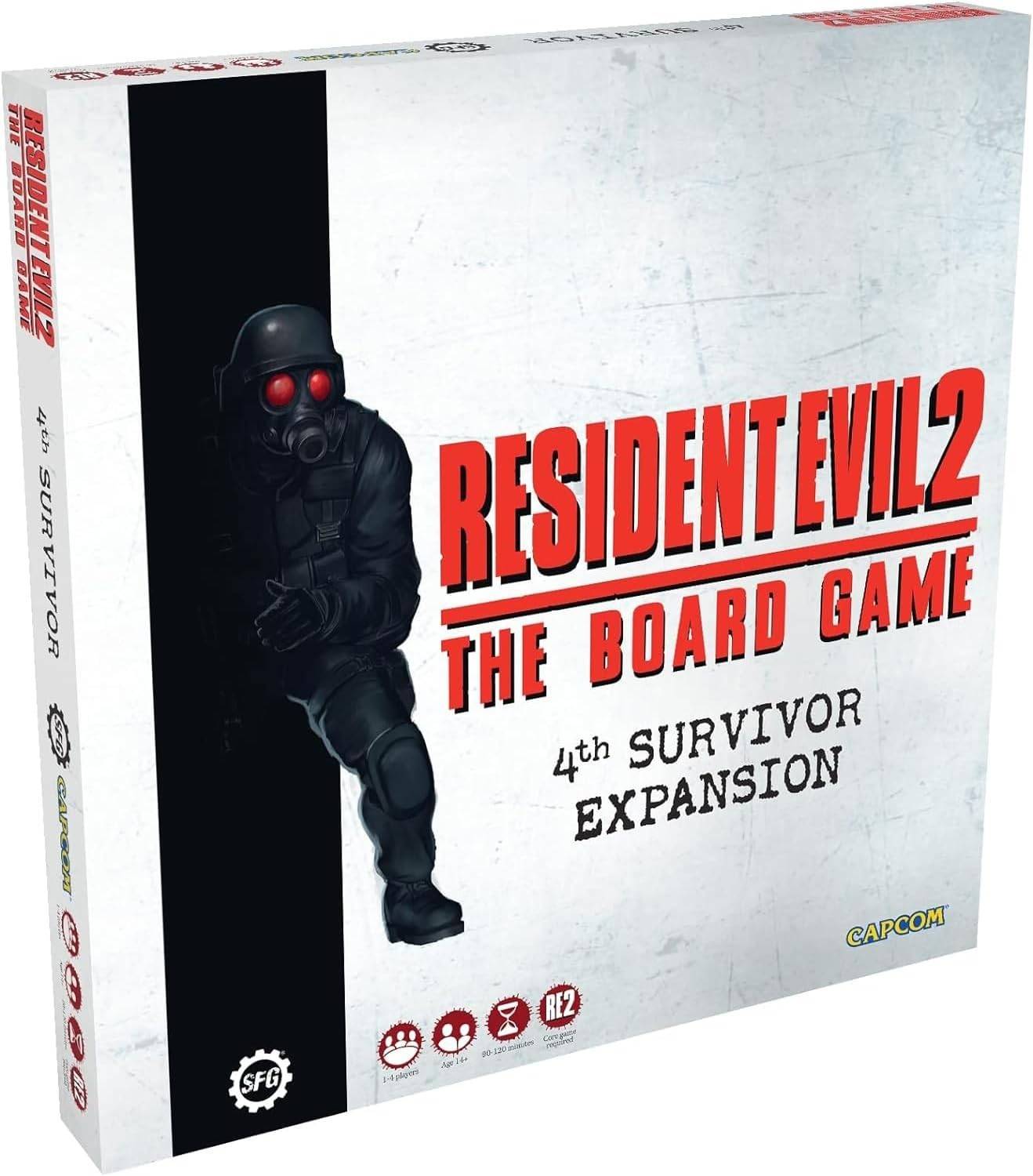 ### Resident Evil 2 The Board Game: - 4th Survivor Expansion
### Resident Evil 2 The Board Game: - 4th Survivor Expansion
0See it at Amazon ### Resident Evil 3: The Board Game
### Resident Evil 3: The Board Game
0See it at Amazon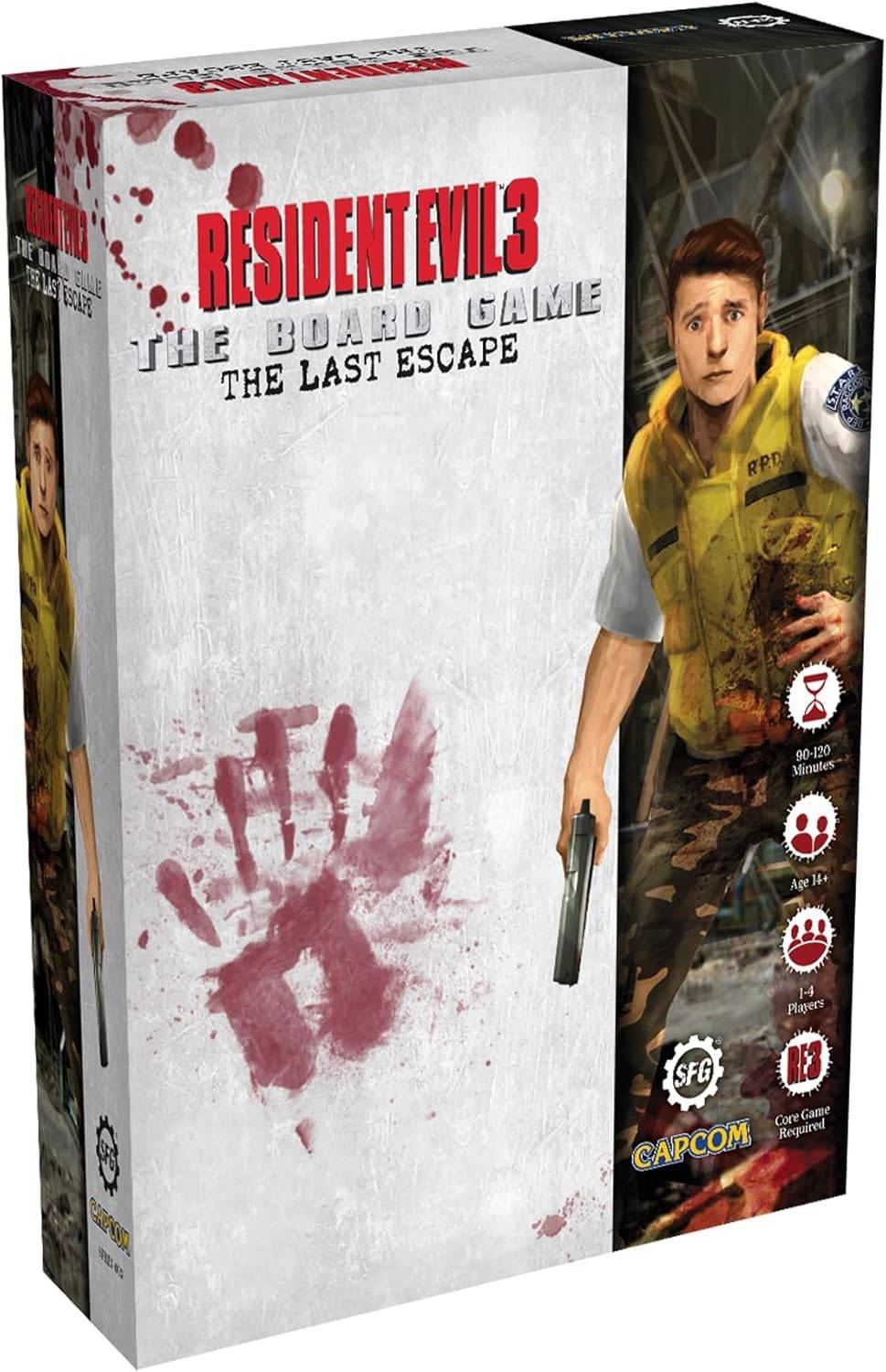 ### Resident Evil 3: The Last Escape Expansion
### Resident Evil 3: The Last Escape Expansion
0See it at Amazon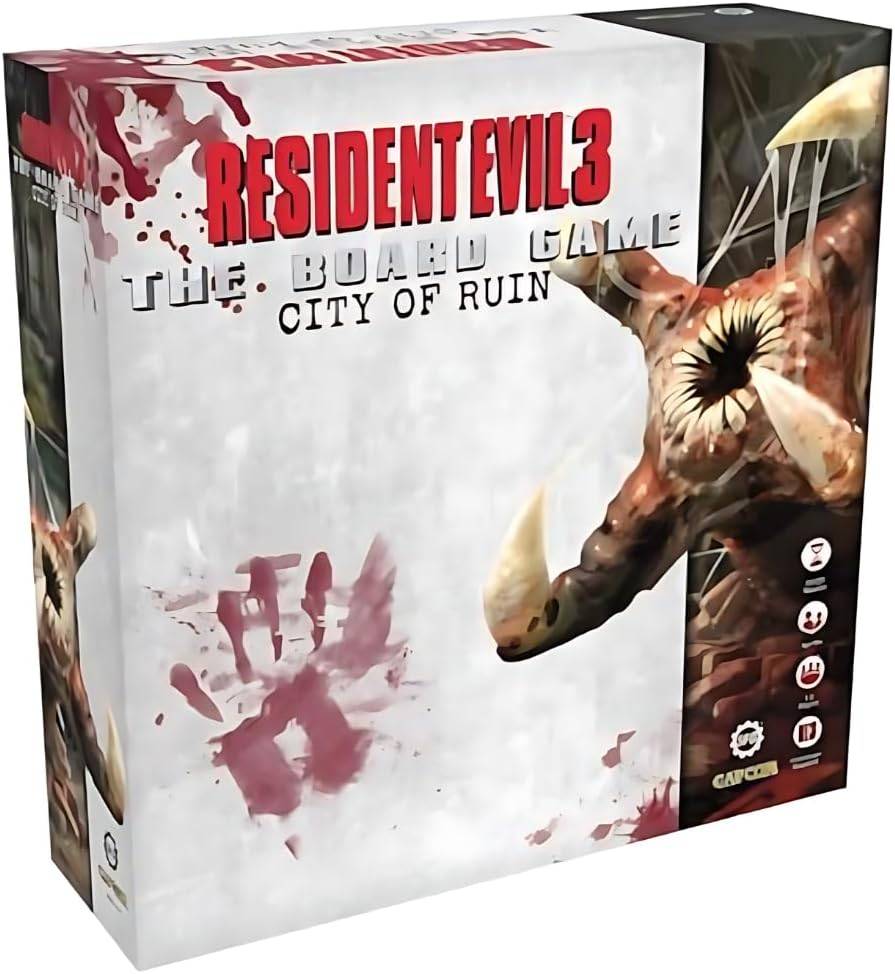 ### Resident Evil 3 The Board Game: City of Ruin Expansion
### Resident Evil 3 The Board Game: City of Ruin Expansion
0See it at Amazon
Gameplay unfolds across three phases: Action, Reaction, and Tension. Players have four actions per turn (move, open/close doors, search, trade, use items, attack). Enemies react, moving towards or attacking the active player, who rolls dice to evade. The Tension phase involves drawing cards that introduce varying levels of peril.
Combat uses dice rolls compared against weapon stats and abilities. Outcomes range from pushing enemies to kills or misses. Shooting attracts enemies from adjacent rooms (if doors are open), adding strategic depth.
Each game features multiple scenarios playable individually or as a linked campaign. Levels are built using tiles with tokens representing doors, items, and other elements. Inventory, health, and other data carry over between scenarios in campaign mode; one-off games provide starting gear and information. Crossover between games is possible, allowing for character and tile mixing.
Resident Evil: The Board Game (Review):
 ### Resident Evil: The Board Game
### Resident Evil: The Board Game
1See it at Amazon
MSRP: $114.99 USD Players: 1-4 (best with 2) Play Time: 60-90 minutes (per scenario) Ages: 14+
This refined entry improves upon its predecessors, introducing new mechanics. Players explore the Spencer Mansion and surrounding areas as Jill, Chris, Rebecca, or Barry. Support characters (Albert Wesker, Enrico Marini, Richard Aiken, Brad Vickers) can be dispatched on missions. The narrative is flexible, with room access determined by item discovery and puzzle-solving. The use of cards for location building streamlines setup. The persistence of zombie corpses, requiring kerosene for disposal, increases challenge. This is a recommended starting point for the series.
Resident Evil 2: The Board Game (Review):
 ### Resident Evil 2: The Board Game
### Resident Evil 2: The Board Game
0See it at Amazon
MSRP: $114.99 USD Players: 1-4 (Best with 2) Play Time: 60-90 minutes (per scenario) Ages: 14+
This inaugural title introduces players to the Raccoon City Police Station. Players take on the roles of Leon, Claire, Ada, or Robert, facing Lickers, Zombie Dogs, and Birkin across eight scenarios. While a fun game, it lacks the refinements of later entries. The linear campaign and darker tiles are drawbacks.
Resident Evil 3: The Board Game (Review):
 ### Resident Evil 3: The Board Game
### Resident Evil 3: The Board Game
0See it at Amazon
MSRP: $114.99 USD Players: 1-4 (Best with 2) Play Time: 60-90 minutes (per scenario) Ages: 14+
Resident Evil 3 builds upon RE2, offering a more open-ended campaign. Players choose from Jill, Carlos, Mikhail, or Nikolai, facing Nemesis in the ravaged Raccoon City. The Danger Tracker mechanic increases difficulty as the city deteriorates. The card-based map is an improvement over RE2, but the scenario map's quality is less impressive. This is a strong alternative starting point.
(Expansions for all three games are detailed in the original text and are not repeated here for brevity.)


